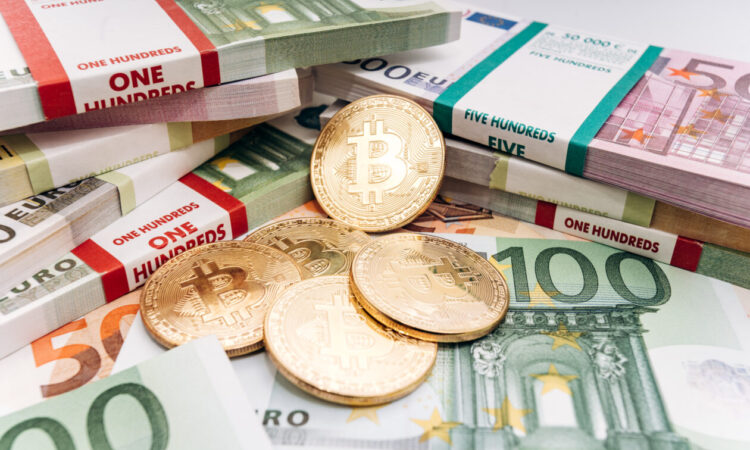
Bitcoin and Ether fell in Tuesday afternoon trade in Asia, along with all other top 10 non-stablecoin cryptocurrencies by market capitalization, despite U.S. equities rising on Monday after last week’s selloff. Asian stock markets mostly rose on Tuesday as investors absorbed key economic indicators across the region.
See related article: Robinhood says it’s cooperating with SEC following subpoena over cryptocurrency services
Fast facts
- Bitcoin fell 0.77% to US$23,259 in 24 hours to 4 p.m. in Hong Kong on Tuesday. The largest cryptocurrency by market capitalization has lost 6.96% over the past seven days, according to CoinMarketCap data. Ethereum slipped 0.94% to US$1,621, with a weekly loss of 4.9%.
- Solana’s Sol token saw the day’s biggest losses in the top 10 non-stablecoin cryptocurrencies, losing 3.4% to US$22.15, after the network suffered an outage on Feb. 25, for unknown reasons.
- BNB, the native token of world’s largest crypto exchange Binance, fell 1.17% to US$302, losing 4.5% in the last seven days. Coinbase, the world’s second largest cryptocurrency exchange by trading volume, is suspending trade in Binance USD (BUSD) because it no longer met the company’s listing standards.
- The global cryptocurrency market capitalization dropped 0.67% to US$1.07 trillion while total crypto market volume rose 25.67% in the last 24 hours to US$45.35 billion.
- Most Asian equity markets gained on Tuesday. The Shenzhen Component Index rose 0.7% while the Shanghai Composite inched up 0.66%. Japan’s Nikkei 225 climbed 0.08% while South Korea’s Kospi gained 0.42%.
- Hong Kong’s Hang Seng Index ended the day 0.79% lower after Hong Kong announced it is dropping its Covid-19 mask mandate from Wednesday. Hong Kong’s exports in January also declined 36.7% on the year.
- European investors remained cautious due to rising inflation rates, with Germany’s DAX 40 losing nearly 0.5% and the STOXX 600 falling 0.4%.
- The industrial producer price index in Austria rose 14.2% year-on-year in January, mainly driven by high energy prices. February inflation in France also rose to 6.2%, up from 6% in January, mainly over higher costs of food.
- Keith Wade, chief economist and strategist at Schroders, said, “High inflation remains a key focus for investors. We expect central banks to succeed in taming the current high rates of inflation over the next 12 to18 months.”
- See related article: BitFlyer founder eyes CEO comeback, share sale amid boardroom conflicts: Bloomberg
add a comment






